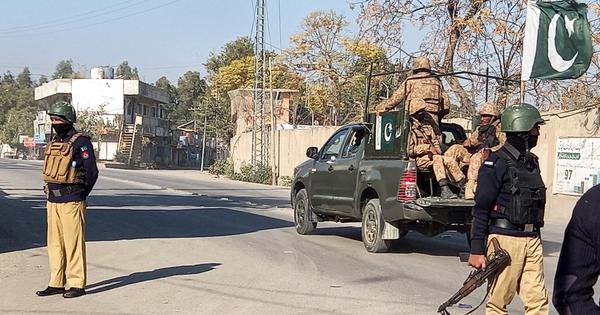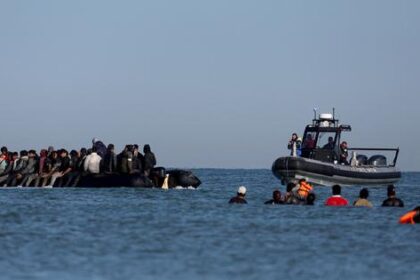Strong exchanges of fire occur amid rising tensions following recent blasts in Kabul.
Clashes between Taliban and Pakistani forces were reported on Saturday at multiple locations along the border between Afghanistan and Pakistan. The confrontations come just two days after the Taliban accused Islamabad of being responsible for explosions that occurred in Kabul. Although the blasts took place on October 9, Pakistan has not accepted any responsibility for these incidents.
In a statement released early Sunday, the Afghan defense ministry reported that its forces had conducted a successful retaliatory operation against Pakistani positions along the Durand Line. This action was described as a response to what Afghanistan views as repeated violations of its sovereignty by the Pakistani military. The Afghan forces aimed to assert their authority and protect their territorial integrity amidst escalating tensions.
On the other hand, Pakistan’s Interior Minister Mohsin Naqvi characterized the Afghan military’s actions as unprovoked attacks. He stated that Pakistani forces were responding to these provocations with significant force, likening their response to ‘a stone for every brick.’ Naqvi further emphasized that any firing by Afghan forces at civilian populations constitutes a clear violation of international laws. He affirmed that Pakistan’s military is committed to providing a prompt and effective response to such aggressions.
According to reports, the exchange of fire took place at over six different locations along the border. Enayatullah Khowarazmi, spokesperson for Afghanistan’s defense ministry, mentioned that the conflict had subsided by midnight local time, although Pakistan has not yet confirmed whether the clashes have come to an end.
The violence follows recent air strikes in Kabul, which were believed to be aimed at a leader of the Tehreek-e-Taliban Pakistan, the militant group known for its insurgency against the Pakistani state. The outcome of this operation remains unclear, particularly regarding the fate of the targeted leader.
Islamabad has consistently accused the Taliban regime in Afghanistan of harboring militants from the Pakistani Taliban, who allegedly conduct cross-border attacks with purported support from India. However, New Delhi has denied these allegations, and the Taliban has maintained that it does not allow its territory to be used for actions against other nations.
Earlier this week, Afghan Foreign Minister Amir Khan Muttaqi made a significant visit to India, marking the first trip by a high-ranking Taliban official since the group regained control of Afghanistan in 2021. While New Delhi has not officially recognized the Taliban government, it has permitted the appointment of a Taliban consul general in Mumbai.
India’s embassy in Kabul was closed after the Taliban took power in August 2021, coinciding with the withdrawal of U.S. forces from Afghanistan following a protracted conflict. However, in June 2022, India deployed a technical team to its diplomatic mission in Kabul to facilitate humanitarian assistance. Recently, External Affairs Minister S. Jaishankar announced plans to upgrade this technical mission, effectively signaling a reopening of the embassy.








